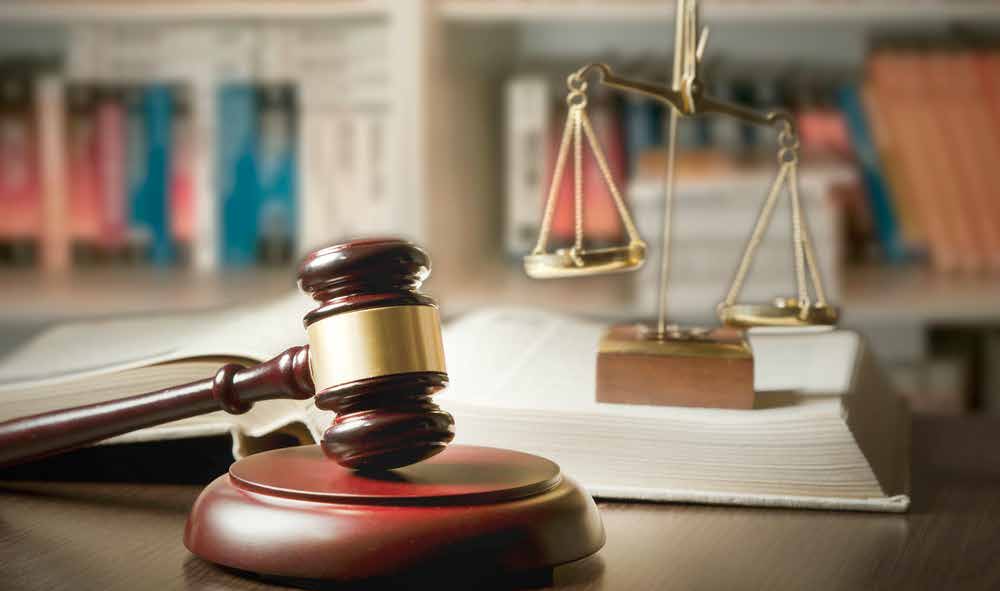Often people witness a crime but are too afraid to approach the police with the information, fearing that their lives would be in danger.
 With the National Prosecuting Authority’s (NPA) witness protection programme, people will be able to help the authorities crack down on criminal activity and feel safe too.
With the National Prosecuting Authority’s (NPA) witness protection programme, people will be able to help the authorities crack down on criminal activity and feel safe too.
“Our main aim is to ensure that witnesses are safe. If you are afraid for your safety because you are a witness, you can apply for witness protection. If you have given evidence in the past, you are still considered a witness,” said Darius Lin*, the head of the Witness Protection Unit within the NPA.
A witness is a person who will be giving evidence in court or making an affidavit, may have to give evidence in the future or who has given evidence in the past.
Who can apply for witness protection?
The Witness Protection Act establishes the structures, rules and procedures for the protection of people who have to testify in court.
It also sets out the duties and responsibilities of all the people involved in making sure that witnesses are safe.
Lin explained that a member of the victim’s household, a family member or in fact anyone close to the victim, can apply for protection on behalf of a witness.
Lin said witnesses sign a protection agreement, which is an agreement entered into between the Director of Public Prosecutions and the witness and provides the duties and responsibilities of the parties to the agreement.
The agreement also includes the responsibility of the witness to behave appropriately and not to get involved in any criminal activity.
Lin also said witness protection would remain in place until the Director is of the opinion that the witness’s safety is no longer in question.
However, if the witness fails to comply with the terms of the protection agreement or fails to enter a protection agreement, they would be discharged from witness protection.
If the actions of the witness place other protected persons in danger or if the witness seriously damages the place of safety, they would also be discharged.
Lin said all members of his office take an oath of confidentiality and the Act states that no person can disclose any information obtained while fulfilling his or her duties under the Act.
“There are exceptions to this rule, for example, if witnesses give their consent or if it is in the public interest. Nonetheless, when making the disclosure, factors such as the safety of the witness and the reasons for the disclosure must be considered.
“Every witness is treated the same, they are protected seven days a week and 24 hours a day and information that is obtained within witness protection is confidential.”
There are nine regional offices of the Witness Protection Unit, one in each of the provinces. If you have any queries that you want to direct to the Witness Protection Unit itself, you should contact the Head Office on 012 845 6000.
* Name changed for security reasons.



 Facebook
Facebook Twitter
Twitter WhatsApp
WhatsApp